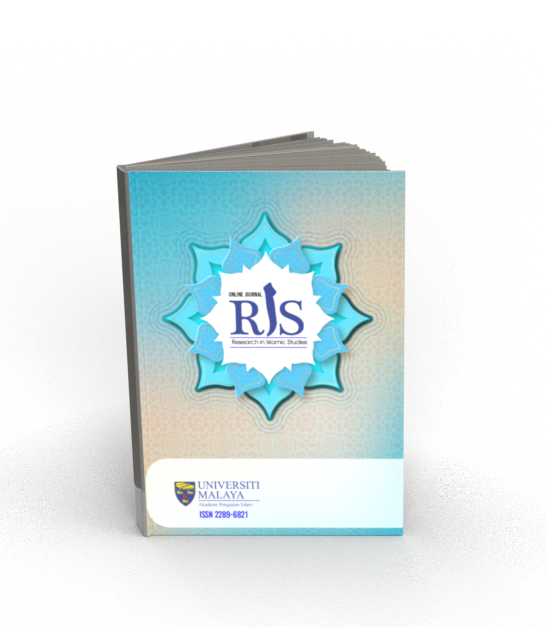Main Article Content
Abstract
The COVID-19 pandemic that hit the country had a huge impact, especially on the economic sector. The movement control order (MCO) approach taken by the government to control the spread of epidemic infections indirectly impacts household income. However, some of the communities that are not affected in terms of income have the opportunity to be involved in charity to help those affected. Thus, this study aimed to examine the influence of income on Muslim involvement in philanthropy during the COVID-19 pandemic. To achieve this goal, 424 respondents responded to the questionnaires distributed during the MCO period as a time limit through a simple sampling method. The study's results found that the income factor has a significant positive relationship based on the correlation value of r = 0.285 on the level of Muslim philanthropy involvement during the MCO period. The ANOVA test found significant differences based on the income level of Muslim philanthropic behavior among the respondents. These findings also prove that income influences the decision-making process to donate among Muslims. Therefore, all parties need to create awareness of the importance of philanthropic practices so that the burden borne by the community affected by the COVID-19 pandemic can be alleviated.
Keywords
Article Details
Copyright (c) 2022 Online Journal of Research in Islamic Studies

This work is licensed under a Creative Commons Attribution-NonCommercial-ShareAlike 4.0 International License.
Copyright Notice
By submitting manuscripts to the Online Journal of Research in Islamic Studies (RIS), authors agree to transfer copyright to the journal. However, authors may republish their work or grant others permission to republish it; in which case it should be accompanied by a proper acknowledgment that the work was originally published in the Online Journal of Research in Islamic Studies (RIS). The journal adopt CC-BY-NC licence which authors may also share and distribute their article anywhere of non-commercial website, social media and repositories immediately on publication.
Authors may also reuse the Abstract and Citation information (e.g. Title, Author name, Publication dates) of their article anywhere at any time including social media such as Facebook, blogs and Twitter, providing that where possible a link is included back to the article on the journal site.
